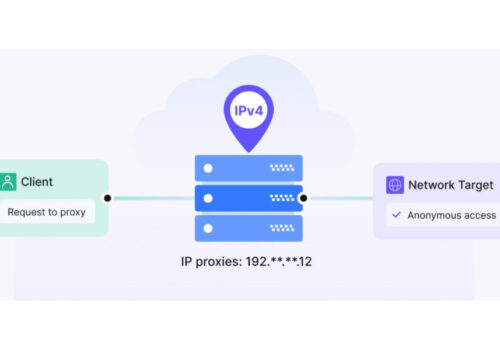How Healthcare CRM Helps to Build Stronger Patient-Provider Relationships
Healthcare delivery is no longer confined to diagnosis and treatment—it now revolves around experience, engagement, and ongoing relationships. In this shift, healthcare CRM plays a pivotal role by enabling providers to create more personalized, efficient, and long-term patient interactions. With a CRM system in place, organizations can integrate data from multiple touchpoints, transforming fragmented care into coordinated, patient-focused service.
Personalization Through Centralized Patient Data
At its core, a healthcare CRM system consolidates diverse patient information—appointment history, communication preferences, feedback, and care outcomes—into a unified platform. This centralization empowers providers to tailor their approach based on individual needs and behaviors. Whether it’s sending targeted follow-ups or recommending relevant wellness plans, CRM-driven personalization can significantly improve patient trust and satisfaction. When implemented correctly, CRM tools can track every point of engagement, from the initial inquiry to post-treatment check-ins. This ensures nothing falls through the cracks, improving the continuity of care and boosting provider accountability. It also gives administrative and clinical teams a shared view of patient needs, reducing redundancies and operational friction.
Improving Operational Efficiency and Communication
Beyond patient personalization, CRMs streamline internal workflows and enhance interdepartmental communication. Automated alerts, appointment reminders, and task assignments help reduce no-shows and administrative errors while also increasing response times. These operational benefits aren’t just back-end upgrades—they have a direct impact on how patients perceive and interact with the healthcare provider. To ensure a successful implementation of a new CRM system in your healthcare center, it’s essential to define clear goals, provide adequate staff training, and integrate the system seamlessly with existing workflows. A CRM is only as effective as the user engagement it enables—without cross-functional buy-in, the technology will fail to deliver its full potential.
Navigating Challenges in CRM Adoption
Despite the advantages, integrating a CRM into a healthcare setting is not without hurdles. Change resistance, legacy systems, and data silos can all derail implementation efforts. Challenges of CRM implementation in healthcare often include issues such as data privacy concerns, resistance to change among staff, and difficulties integrating with older software systems. Providers must invest in not just the tool but the support systems surrounding it—training, support, feedback loops, and a roadmap for optimization. Failing to address these areas can result in low user adoption and fragmented workflows. Additionally, compliance and security remain non-negotiable. Patient data must be handled with strict adherence to HIPAA regulations, making it essential that any CRM system deployed in a healthcare environment is built with robust privacy protocols and access control.
Conclusion
Healthcare CRM is not merely a digital tool; it is a vital strategic asset that fundamentally transforms the delivery of care and the nurturing of patient relationships. By centralizing a wealth of data, streamlining operational workflows, and empowering personalized outreach, CRM systems play a crucial role in enabling healthcare providers to forge deeper, more trusted connections with patients over time. Yet, as the insights from implementation and the challenges encountered reveal, achieving success is about more than just adopting advanced technology; it necessitates a significant cultural shift within the organization. Furthermore, it requires the alignment of systems and processes and a commitment to ongoing strategic investment in healthcare CRM. This holistic approach not only enhances patient engagement but also ultimately leads to improved health outcomes and a more resilient healthcare ecosystem.





